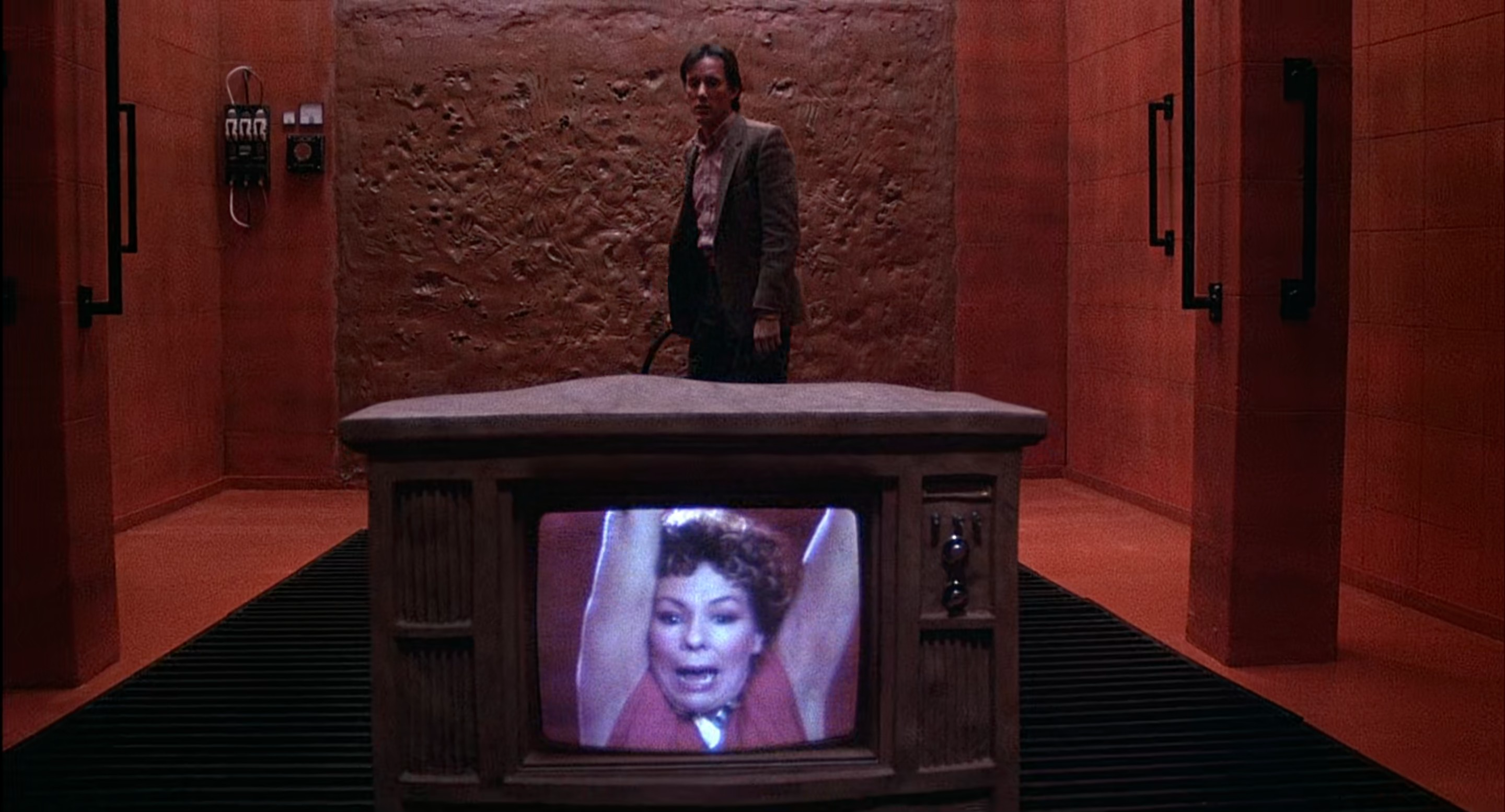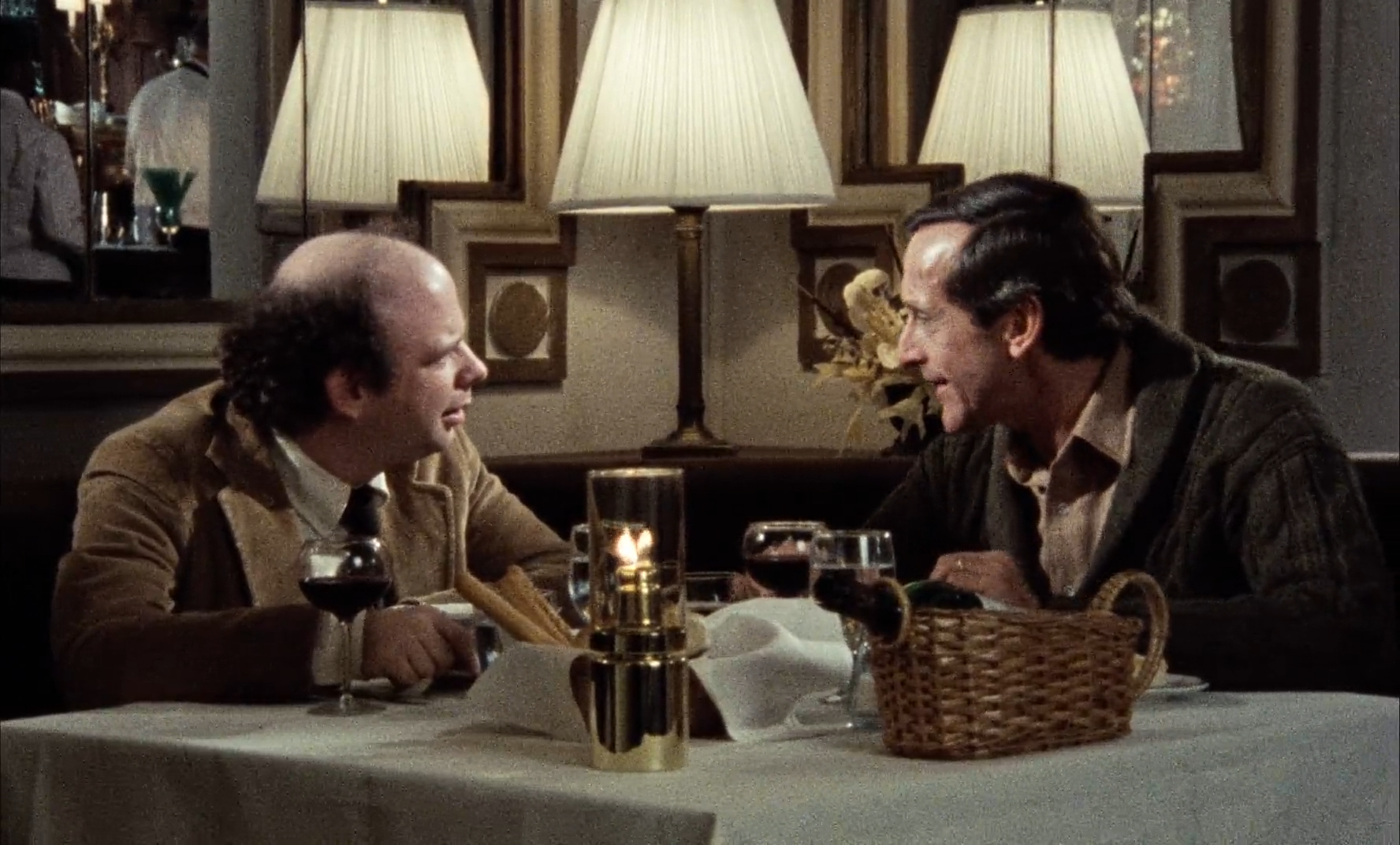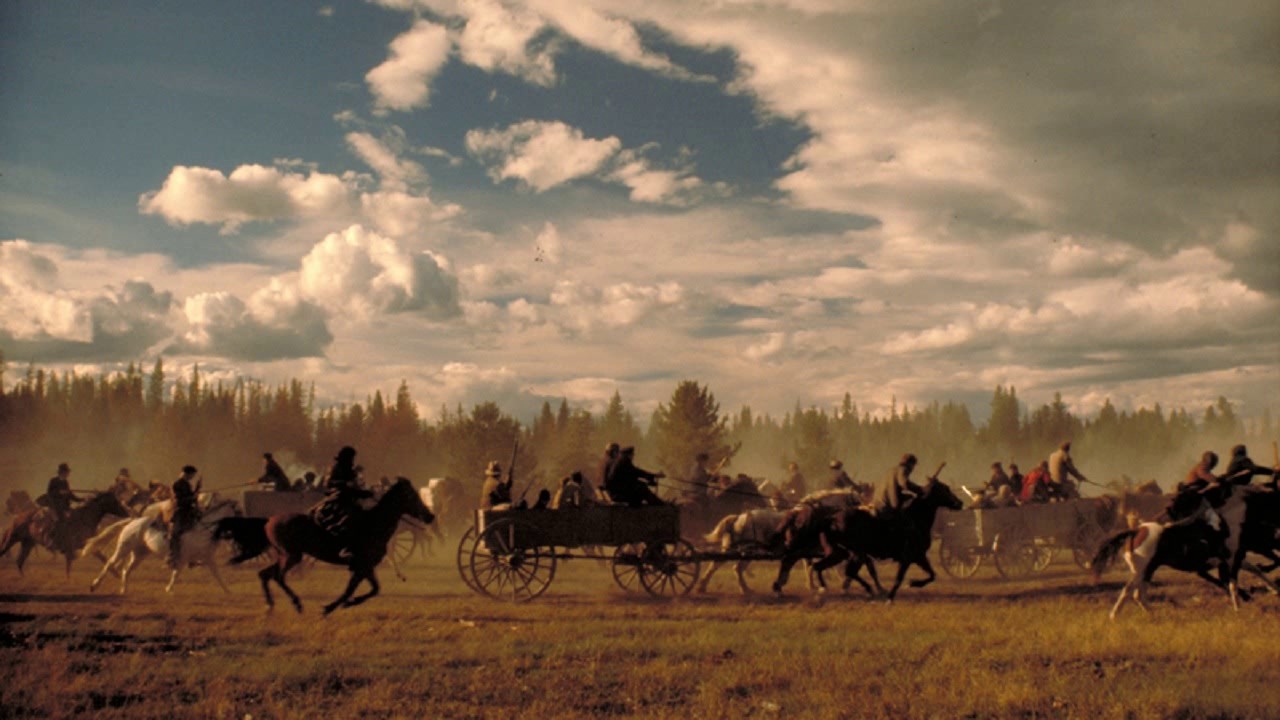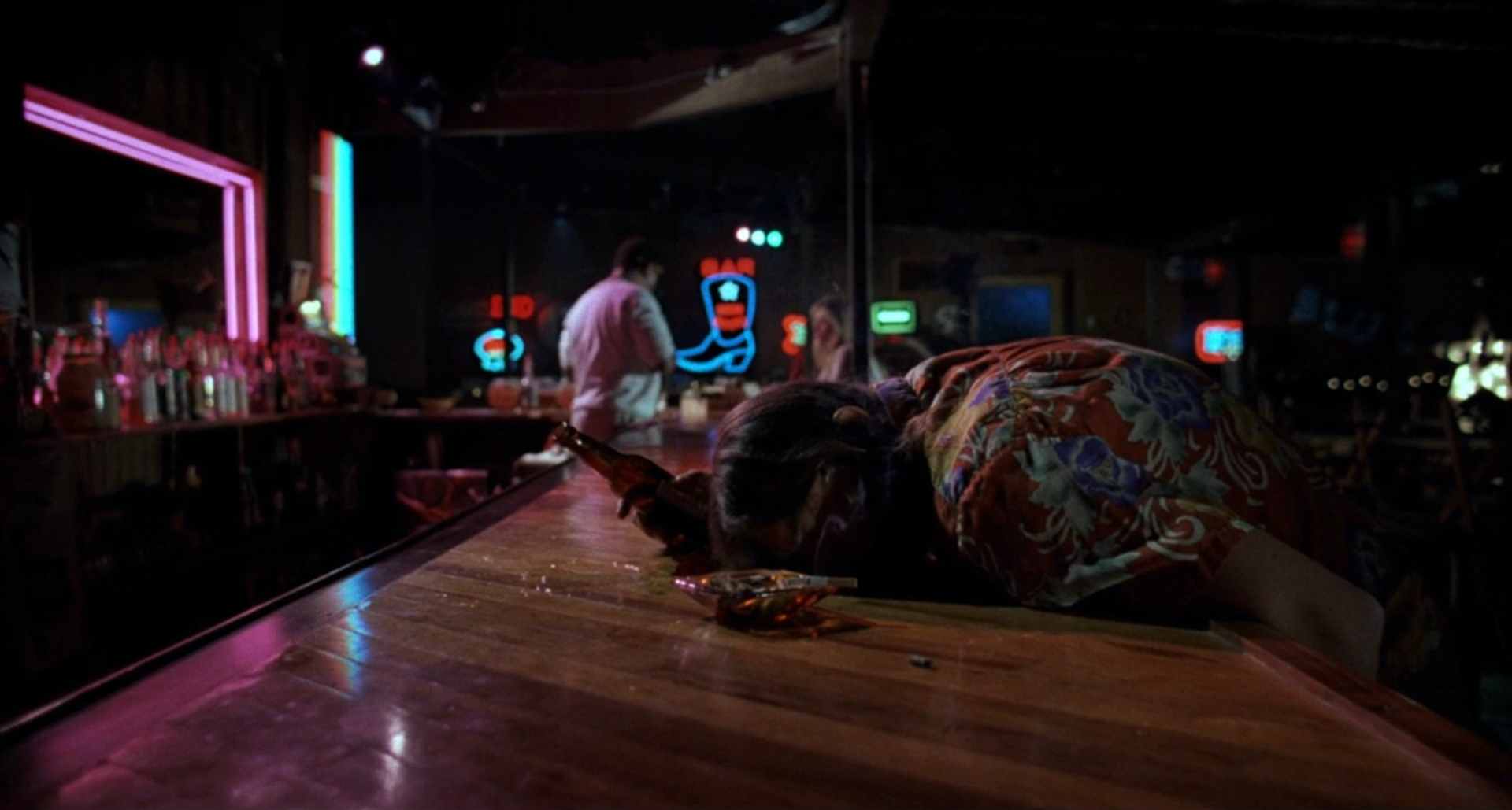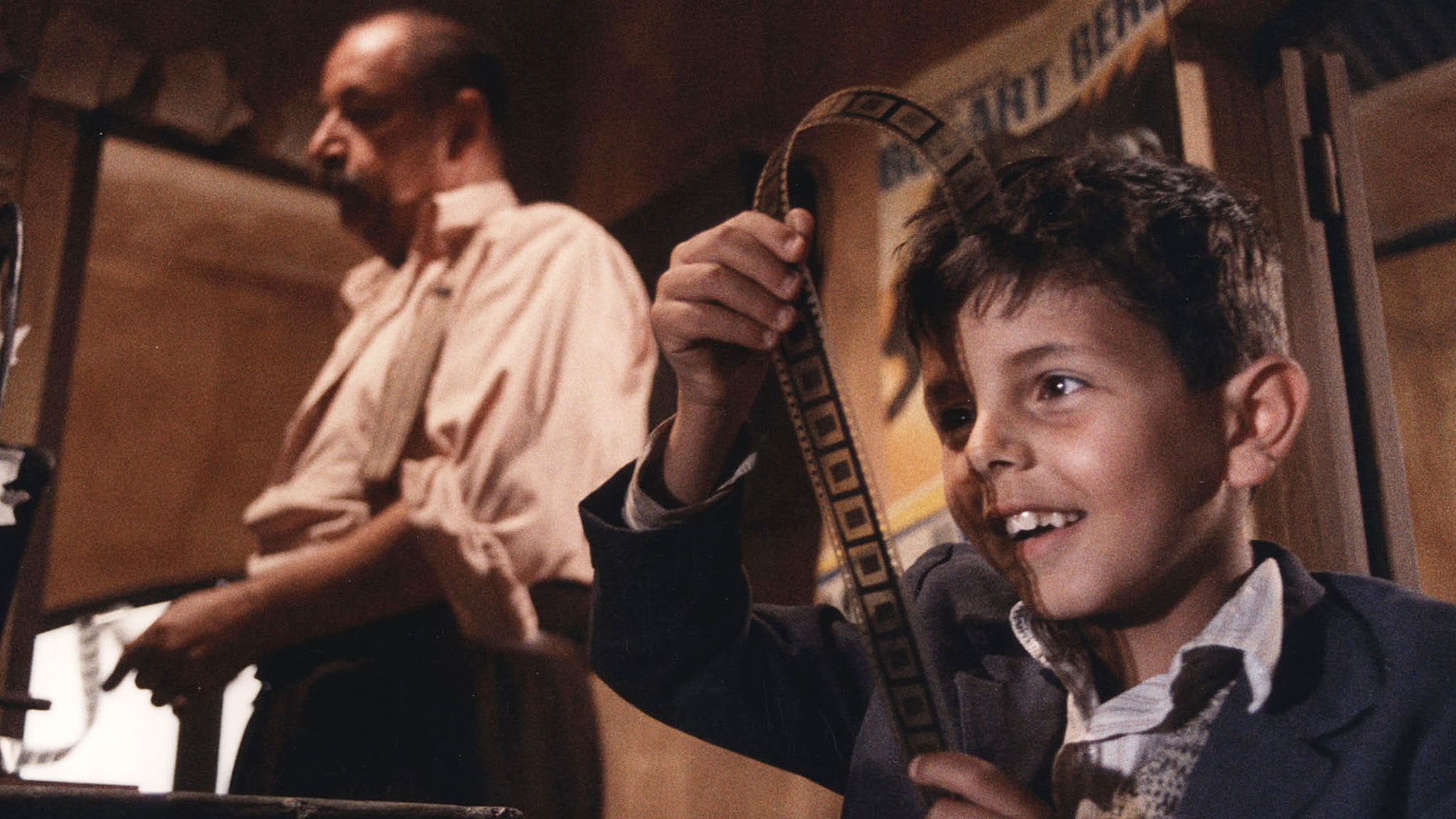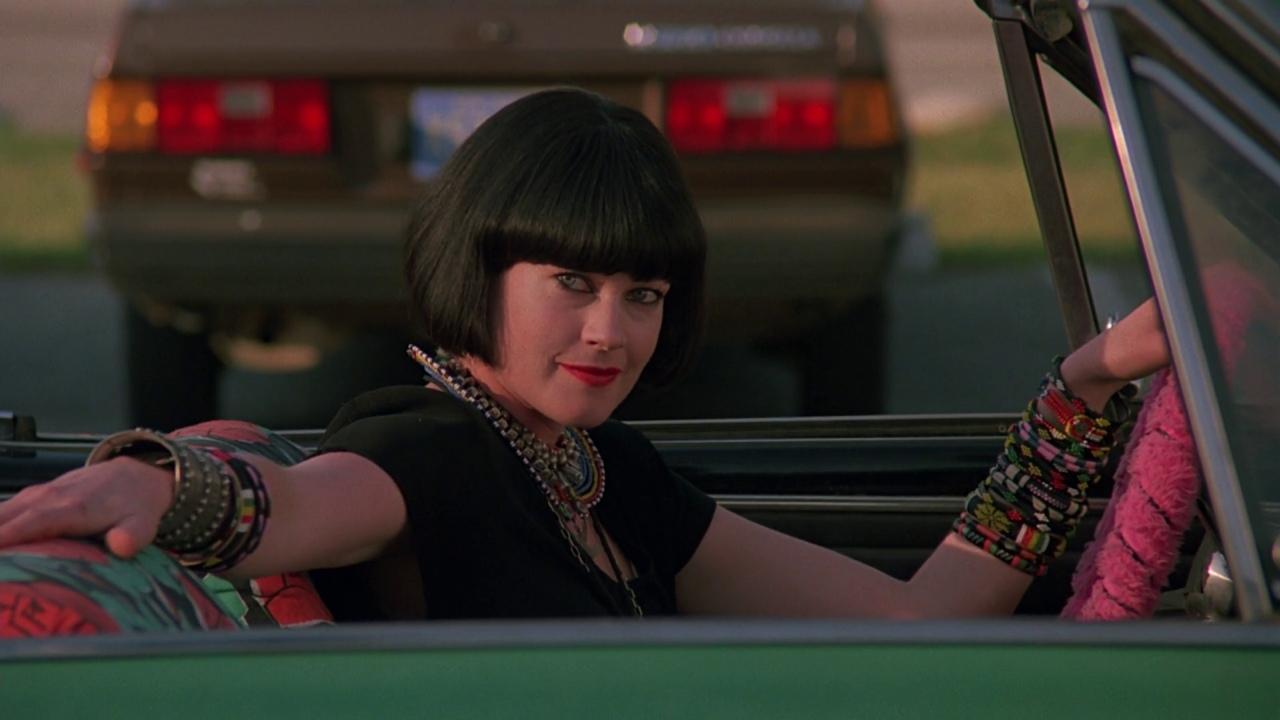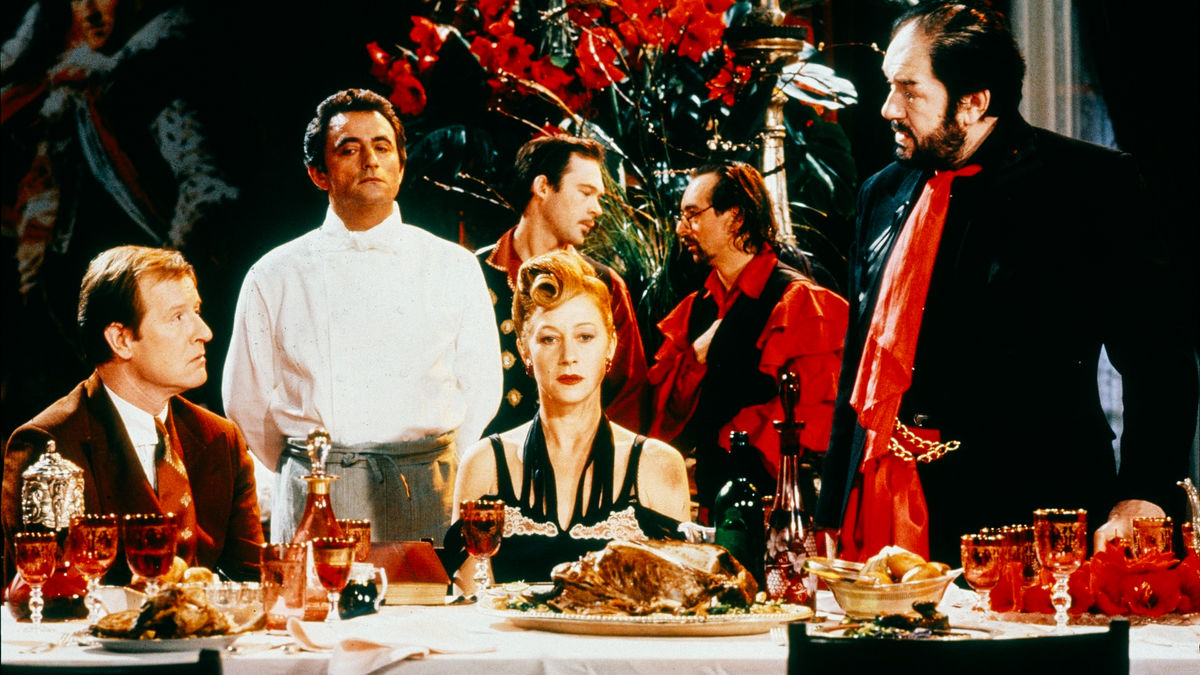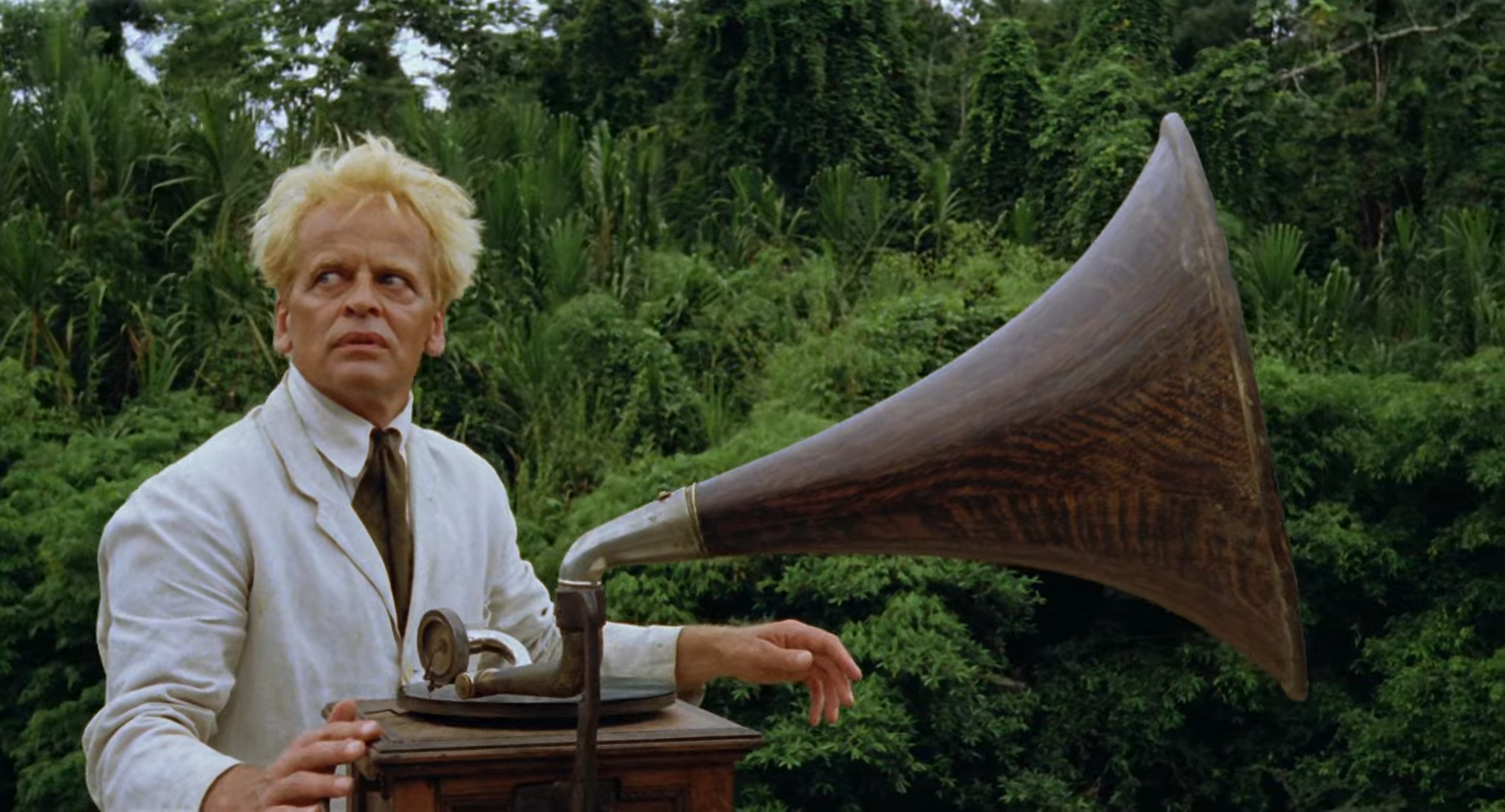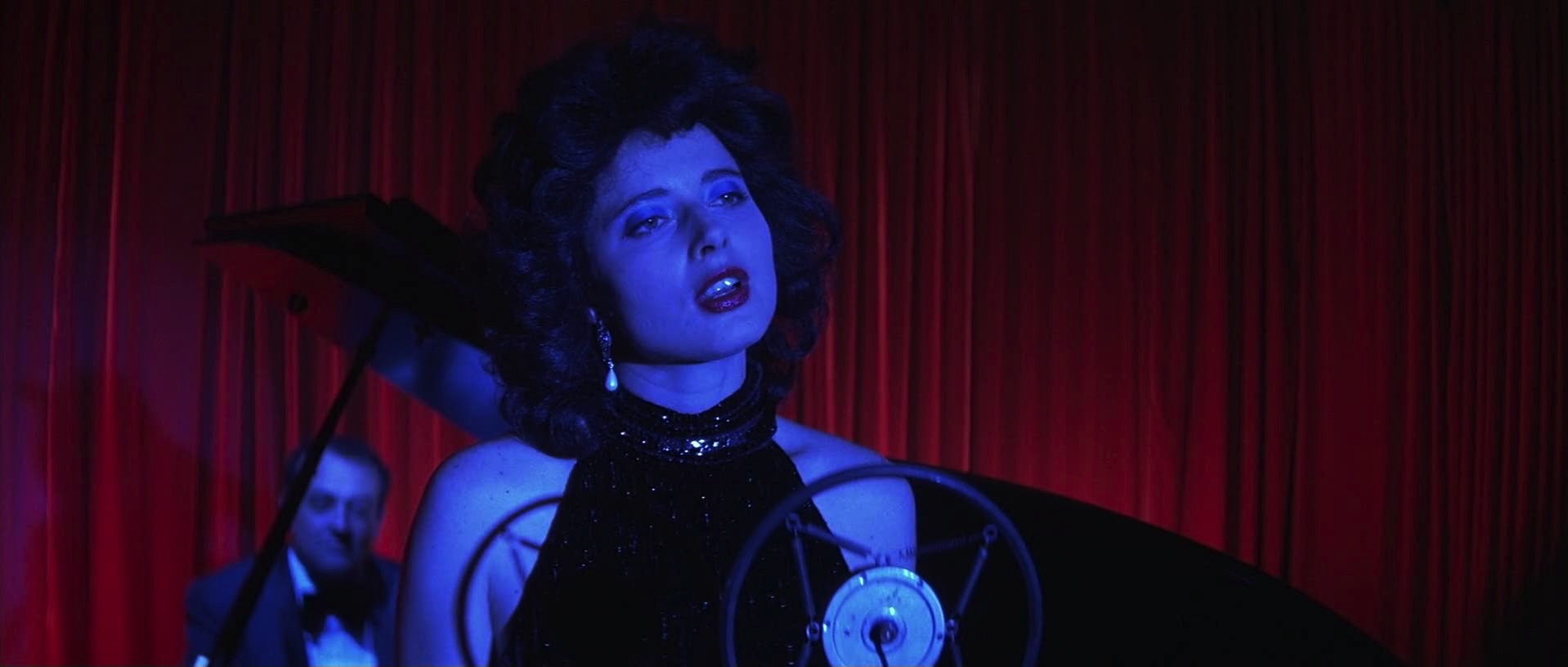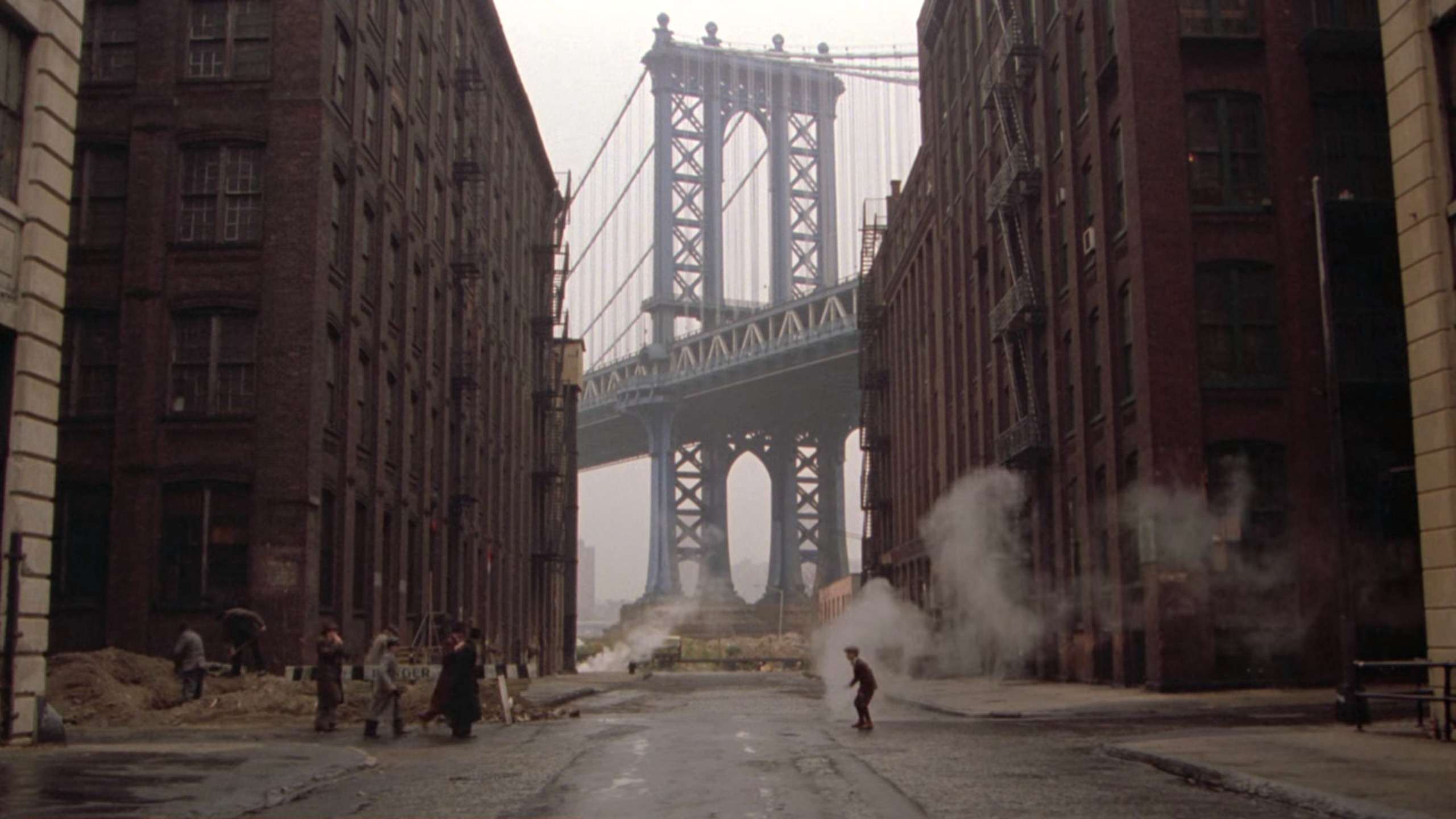Videodrome (1983)
David Cronenberg’s blending of intellectual musings on modern mass media with grotesque body horror makes Videodrome’s dire warnings all the more visceral, robbing brainwashed individuals of their humanity by fusing them with the technology they have become reliant on, and marking a triumphant success in transgressive genre filmmaking for the young auteur.

